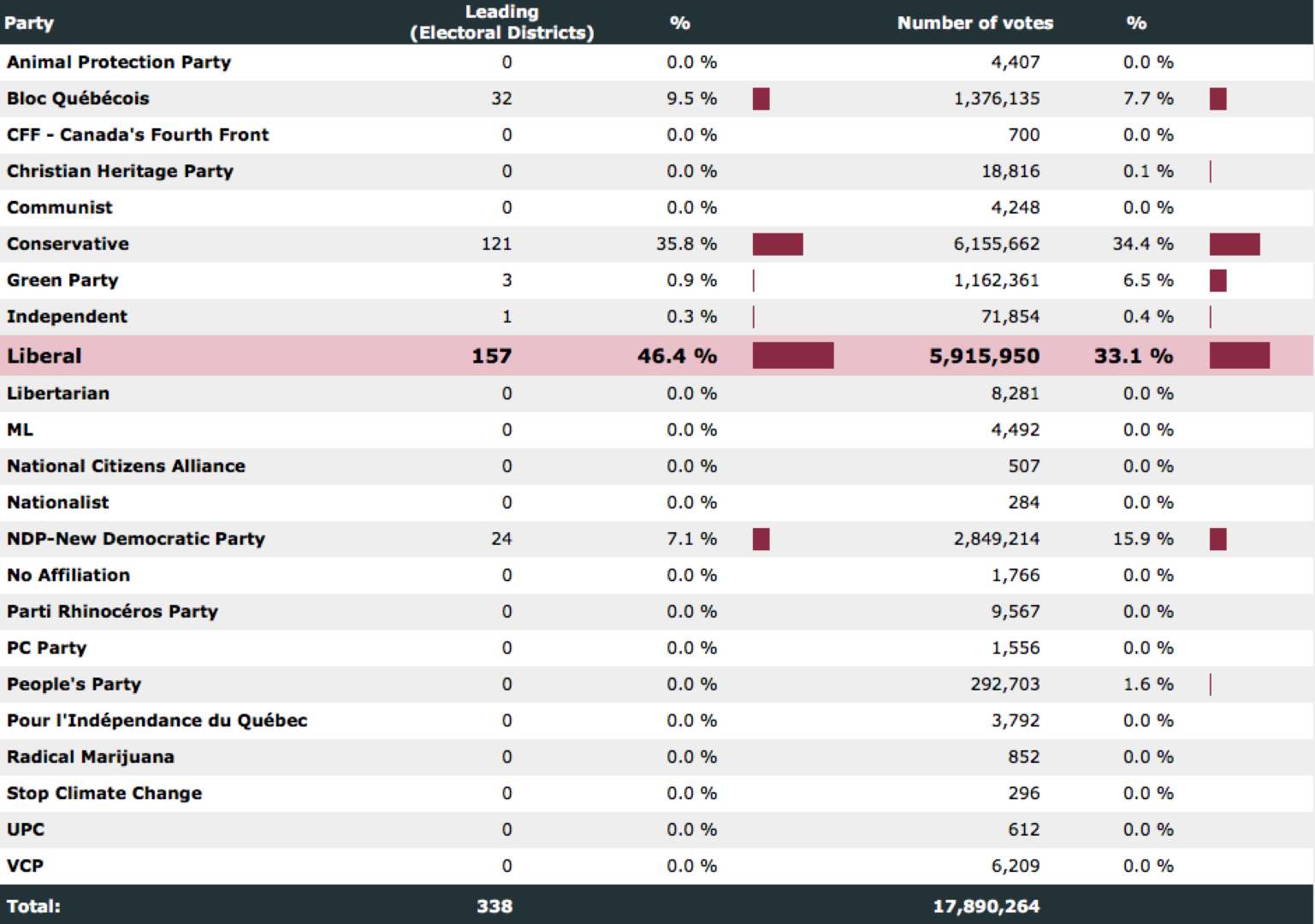A word on Robin Williams, and those hypocrites who try to cheapen his legacy
By Patrick Vaillancourt, Contributor
The death of actor and comedian Robin Williams last month came as a shock to everyone. The man who made us laugh in so many mediums had committed suicide after long bouts with depression, substance abuse, and the early stages of Parkinson’s disease.
His accomplishments and the way he lived his life naturally led to a massive outpouring of grief on social media. However, it also led to a minority opinion from those who pride themselves on being “idealists” and were annoyed with the outpouring of sorrow Williams so rightfully deserved.
In response to the news of Williams’ death, one of my Facebook friends posted: “In other news, 500 children died today of malnutrition.”
The implication of my friend’s post is that there is more going on in the world that we should mourn, and that the death of a well-decorated actor should not be at the top of society’s list. Have we really come to a point in the human condition where even death has become a competitive issue?
It absolutely sickens me to read posts from these so-called idealists in the immediate aftermath of the demise of a public figure. This has been the case for hundreds of celebrities since the dawn of social media, and the trend is not going to end now. But someone should be calling them out on their shenanigans.
Williams was not just a celebrity; he was a philanthropist. He, along with his second wife, founded the Windfall Foundation. His work with the US military, particularly its United Service Organization tours, is well-documented. He is also recorded as a major donor to the Memphis-based St. Jude’s Children’s Research Hospital, a non-profit medical facility. He was so devoted to making others happy, Williams once comforted a grieving gorilla fluent in American Sign Language.
It’s my impression that idealists have a problem with the ways the deaths of public figures are reported—in that they are reported at all. Yet, these very people are pleased to hear of the toppling of repressive governments or the death of ruthless dictators, events which usually involve civilian casualties and a bloody transition of political power. The flip-side is that idealists have a difficult time when someone as generous and as thoughtful as Williams gets praised publicly.
Idealists would likely argue that the point of contention lies with the way media disseminates information to the general public—a notion that has no actual basis in fact. News flash: unless you actually went to a poor country and saw living conditions there, the only way you would ever have known about the conditions there is through media outlets.
The only thing that’s going on here is that there are some people who feel the need to stand up against an overwhelming sentiment of grief to bring attention, not to their cause or belief, but to themselves. They grow tired of reading sad tributes to a man they admit to admiring, opting instead to police people’s emotions on social media. The only cause these people are advocating for is their own—controversy does get you more engagement on social media.
While we may not have known him personally, Robin Williams was welcomed into our homes and lives through his work in television and film. We may have never met him, but we all loved him. That’s what sparks such an outpouring of grief and emotion.


